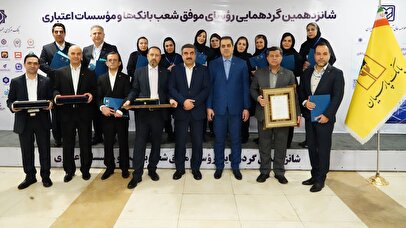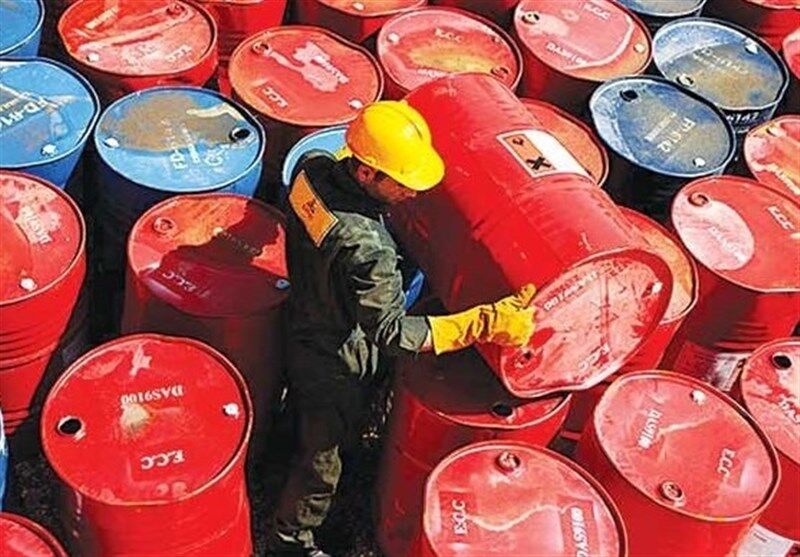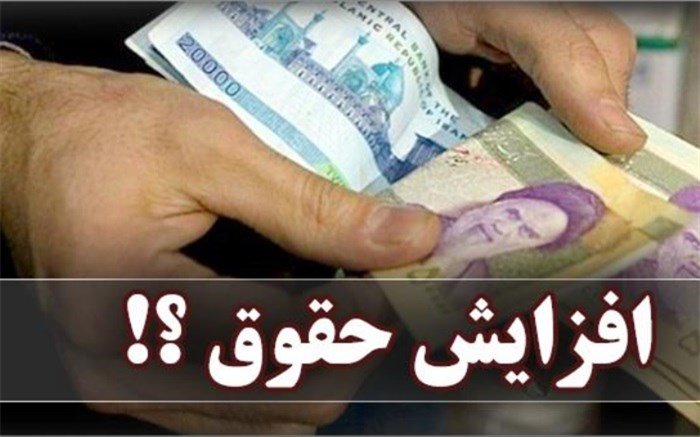Sisi calls Israel an ‘enemy’ but will Egypt take real action over Gaza genocide?
Sisi calls Israel an ‘enemy’ but will Egypt take real action over Gaza genocide?

On 17 September, during his closing remarks at the Arab-Islamic summit in Doha following Israel's strike on the Qatari capital, Egyptian President Abdel Fattah el-Sisi struck an uncharacteristically harsh tone against Israel.
It marked the first time since Anwar Sadat's 1977 visit to Jerusalem that Egypt's head of state referred to Israel as an "enemy".
He also warned that current Israeli actions not only endangered future peace treaties but threatened to destabilise existing ones, a clear reference to the Camp David Accords. Sisi's unusual rhetorical shift followed reports of an Egyptian military build-up in Sinai.
These new deployments add to those made in 2018 in coordination with Israel during the height of the Islamic State insurgency in the peninsula, when Egyptian forces grew from 25,000 to 42,000.
The rising tensions come after multiple public statements in which Sisi declared that the ethnic cleansing of Palestinians into Sinai was a red line. Reports have suggested that while he was inclined to accept the mass expulsion of Palestinians in return for a financial aid package, the military establishment opposed such a move.
Beyond its sharp condemnations, however, Egypt has deepened its economic dependence on Israel while eschewing meaningful diplomacy on Gaza and hoping that mediation would eventually end the genocide.
Economic weakness
In August, the Egyptian government signed a $35bn gas deal with Israel to supply Egypt with natural gas. The deal, the largest in Israel's history, was concluded amid a surge in famine-related deaths and the killing of Palestinians at aid convoys during Israel's starvation siege of Gaza.
The agreement extends a $15bn deal signed in 2018, and will increase Egypt's energy dependence on Israel, which by 2024 already accounted for 72 percent of its imported gas. That reliance is so entrenched that any reduction in Israeli supplies immediately forces the government to impose blackouts or ration electricity.
The new gas deal will increase Egypt's energy dependence on Israel, which by 2024 already accounted for 72 percent of its imported gas
Such precarity became apparent in June, when the Egyptian government implemented a nationwide power rationing plan after Israeli gas supplies were halted during the brief war between Israel and Iran. The weakness of Egypt's position has not been lost on Israeli Prime Minister Benjamin Netanyahu, who froze the deal in September, citing the expanded Egyptian troop presence in Sinai.
Egypt's vulnerable position has also constrained its ability to apply diplomatic pressure or take meaningful action against Israel.
Although in May 2024 the regime declared it would join South Africa's genocide case at the International Court of Justice (ICJ), it has yet to do so. It has likewise failed to join the Hague group of states working in solidarity with the Palestinians.
This inaction is all the more perilous given the growing risk that Israel could unilaterally force Palestinians across the border, a move that would irreparably damage the regime's domestic standing and threaten its survival.
Structural dependence
Egypt's inability to take a more assertive position in the face of mounting threats stems from a number of intertwined factors that have made the region's most populous country susceptible to American and Israeli influence.
The most critical among them is the regime's model of militarised state capitalism, which heavily depends on continuous external capital flows to avoid collapse, making any confrontation with the United States extremely costly.
For example, Egypt's external financing needs are projected at $30bn for the 2026-27 fiscal year, according to International Monetary Fund (IMF) estimates. To meet these obligations, the regime requires steady inflows, either from Gulf allies or international financial markets.
Follow Middle East Eye's live coverage of Israel's genocide in Gaza
A key source of this fragility is the heavy reliance on short-term "hot money", which reached a whopping $38bn in March of this year. This dependence leaves the regime highly vulnerable to political pressure, as any sign of instability could trigger a mass exodus of funds and another debt crisis, similar to the one in 2022.
As a result, Egypt remains in an exceptionally weak economic position and dependent on external support, namely from Gulf states - particularly its main benefactor, the United Arab Emirates, which maintains close ties with Israel - and the US, which acts as a guarantor of IMF backing and a facilitator of international capital flows.
Such vulnerabilities severely limit any room the Egyptian government has for manoeuvre.
A second factor is Egypt's entrenchment into the American regional security architecture, which creates structural dependence on the US for the supply of weapons, and ensures Israeli military superiority.
Between 2000 and 2009, 75 percent of Egypt's arms purchases were from the US. Even though the regime has attempted to diversify its sources of weaponry over the past decade, this structural reliance persists.
Such conditions are reflected in the composition of the Egyptian Air Force, which is dominated by US aircraft. Egypt also lacks access to the most advanced weaponry, such as the F-35, which Israel possesses, leaving it at a disadvantage.
Although Cairo received verbal confirmation from US President Donald Trump in 2018 that it could purchase the jets, the deal was blocked by Israel and the Pentagon.
The situation is further exacerbated by the rudimentary nature of Egypt's arms industry and its weak technological base, leaving the country's warfare capacity highly dependent not only on external funding but also on imported weaponry.
In essence, Egypt occupies a subordinate position in the regional order, with Israeli supremacy firmly established.
Red lines erased
As important as these factors are, a more critical one relies on understanding the regional dynamics after 7 October 2023.
With the exception of Sisi's recent Doha speech, the regime continues to operate with a pre-genocide mindset, in which tacit acceptance of the occupation and the slow colonisation of Palestinian land guaranteed a close alliance with Israel and the US.
In that previous order, there were still some established red lines - one of which would have been an Israeli strike on the capital of a Gulf state.
Today, the only acceptable position seems to be a total adherence to the most extreme version of Israel's colonial ambitions, including the annihilation of the Palestinian national movement.
Egypt is now expected to play a role in this annihilation, or else face unilateral Israeli action.
In this new order, the stability of the Sisi regime has become secondary to Israel's expansionist project, while the US increasingly pursues destabilising policies in the region rather than acting as a guarantor of regime stability.
The views expressed in this article belong to the author and do not necessarily reflect the editorial policy of Middle East Eye.










